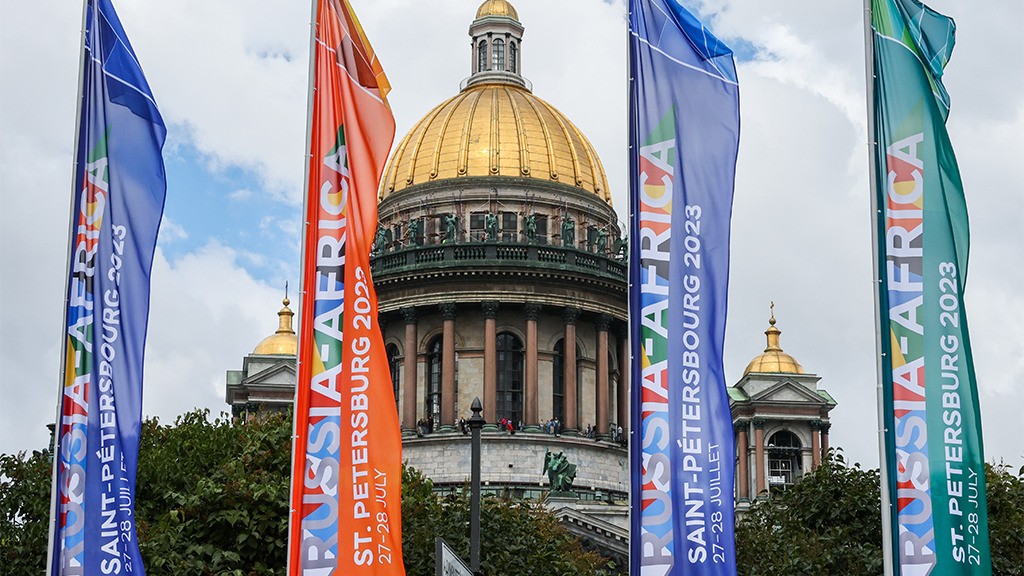The prospects and challenges facing the developing countries of the African continent were discussed at the Russia-Africa Economic and Humanitarian Forum, which took place on July 27-28 in St. Petersburg. On July 28, the forum hosted a session entitled "Combating Anticompetitive Practices of Large Transnational Corporations, Suppressing Cross-border Cartels and International Cooperation" organized jointly by the FAS of Russia and the International BRICS Competition Law and Policy Centre. The meeting was moderated by Alexey Ivanov, Director of the BRICS Centre
Focusing on the problems of national economies, the antimonopoly authorities of Russia and African countries should not miss the problem of anticompetitive behavior of global players, said Alexey Ivanov, opening the session. Restrictive business practices of large transnational corporations have an unfavorable impact on international trade, especially on the trade of developing economies, and also reduce the effectiveness of national antitrust regulation. For example, today a small group of global traders (ADM, Bunge, Cargill and Louis Dreyfus, Glencore) control up to 80% of the world grain trade. This oligopoly has a direct impact on food security in Africa. A response to the actions of large TNCs can only be developed through active cooperation between the competition authorities of different countries. Russia is already working with many African countries in the formats of BRICS, BRICS + and the UN, in particular, UNCTAD.
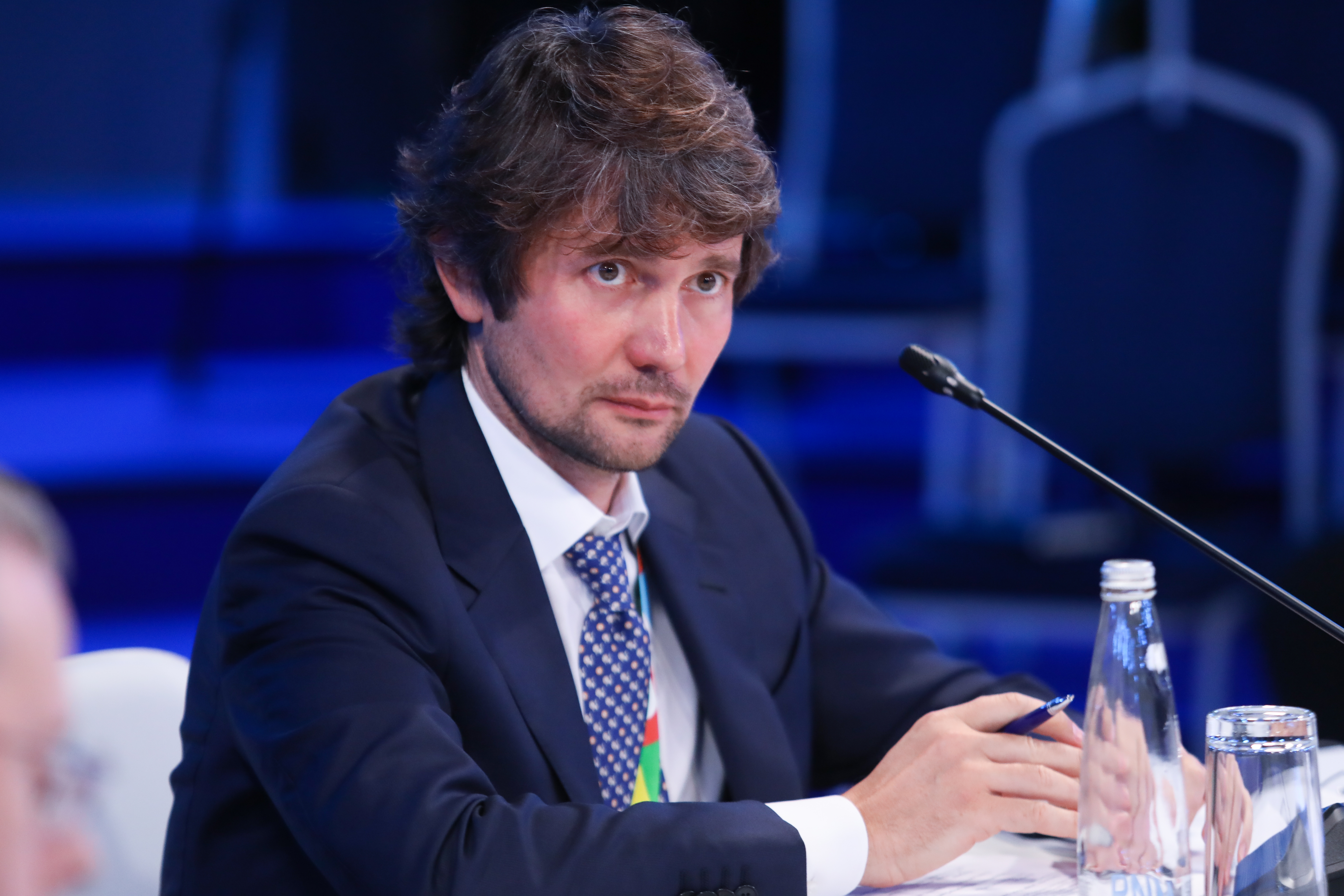
"We actively cooperate within the framework of UNCTAD's Working Group on Cross-Border Cartelization and the Working Group on Interaction in the Context of the Development of Section F of the UN Competition Rules and Regulations. These formats are well established and quite effective. But there are new challenges and opportunities - I propose to talk about them today to the participants of the session, who are interested in ensuring a common fair and healthy environment for the development of competition in the global economy,"
Ivanov emphasized.
Maxim Shaskolsky, Head of the Federal Antimonopoly Service of Russia, shared the results of the agency's activities and spoke about the signing by the President of the Russian Federation of the Fifth Antimonopoly Package, which will come into force on September 1, 2023. This is a law on improving antimonopoly regulation of digital markets, aimed at curbing abuse of dominant position by owners of large digital platforms. It is important to note that both the FAS of Russia and the antimonopoly authorities of African countries seek to combine state control and the application of soft law mechanisms in their activities.
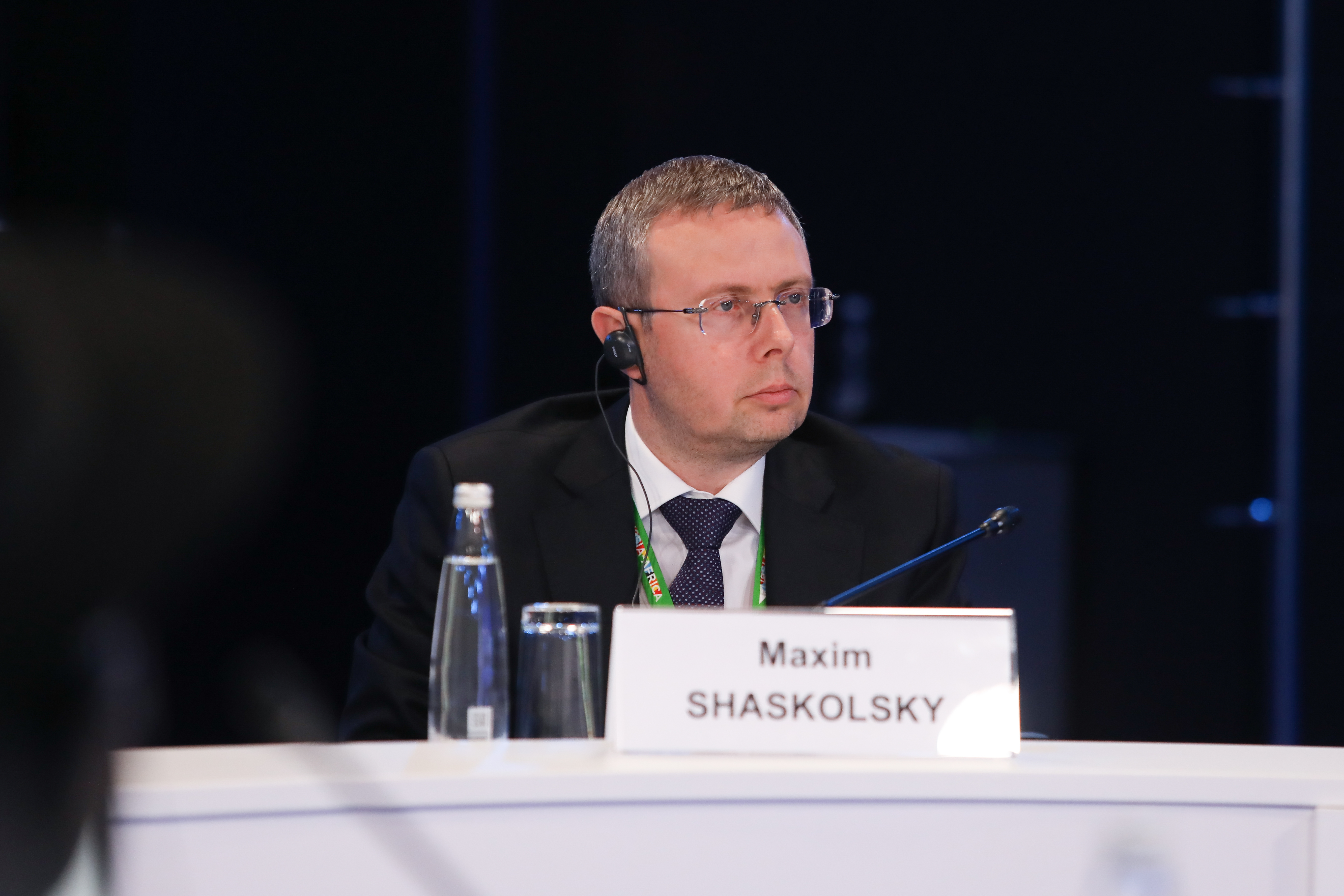
The head of FAS also mentioned the Bunge/Viterra deal, which is in the focus of attention of antimonopoly regulators around the world.
"Despite Bunge's withdrawal from the Russian market, the deal may damage both the interests of Russian grain suppliers to the world market and producers of plant-based products, and may also lead to price increases,"
Maxim Shaskolsky emphasized.
FAS has already dealt with such global transactions of Bayer/Monsanto and IFF/DuPont and understands what steps are necessary for the most effective consideration of such transactions, making balanced decisions and prescriptions that do not contradict each other in different jurisdictions and take into account national interests.
In order to effectively curb cross-border anticompetitive practices, it is necessary to expand international cooperation. Interaction with foreign partners allows for the exchange of experience and practices, access to the missing information available in other jurisdictions, to see the global nature of the offense, to optimize the use of resources, to avoid asymmetry in the issuance of decisions and orders, said the head of the FAS.
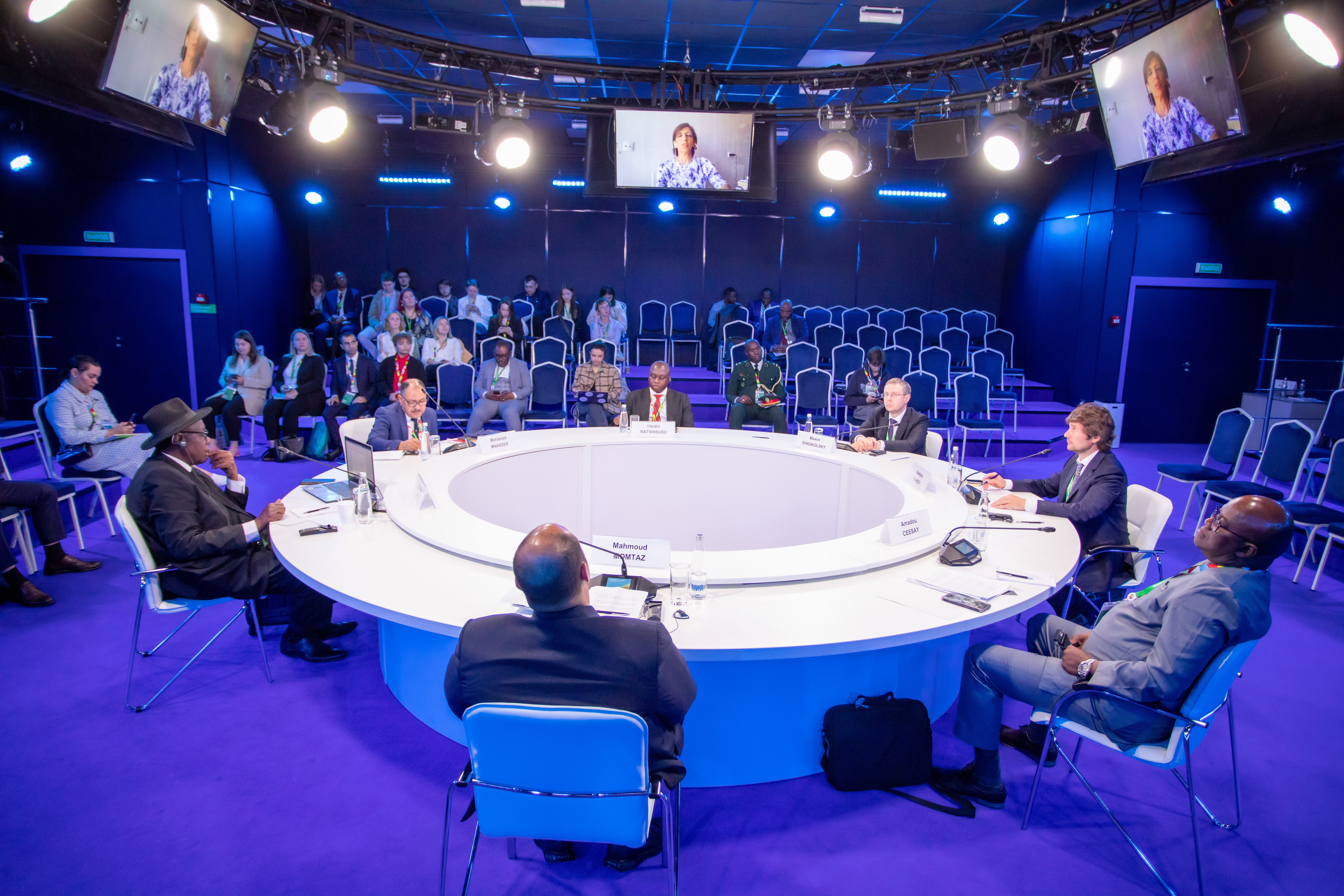
Teresa Moreira, Head of Competition and Consumer Policies at UNCTAD, explained how UNCTAD works to promote international cooperation. Competition and consumer protection have been at the heart of UNCTAD's work since the 1980s, when the Set of Multilaterally Agreed Equitable Principles and Rules for the Control of Restrictive Business Practices (The UN Set) was adopted.
"Our priority is to help developing countries better integrate into the global economy through effective competition enforcement and the dissemination of best regulatory practices within the national legislations of these countries,"
said Ms. Moreira.
UNCTAD is paying special attention to the Working Group on Section F of the UN Set of Multilaterally Agreed Equitable Principles and Rules for the Control of Restrictive Business Practices, the speaker emphasized, noting the importance of regulators working together at the regional level as well.
"At the regional level, it is always easier to gather the necessary resources and a pool of experts in order to exchange experience, knowledge and even launch joint investigations. In our opinion, this is a great way for antitrust authorities to compensate for the lack of resources and support colleagues with less experience in this area."
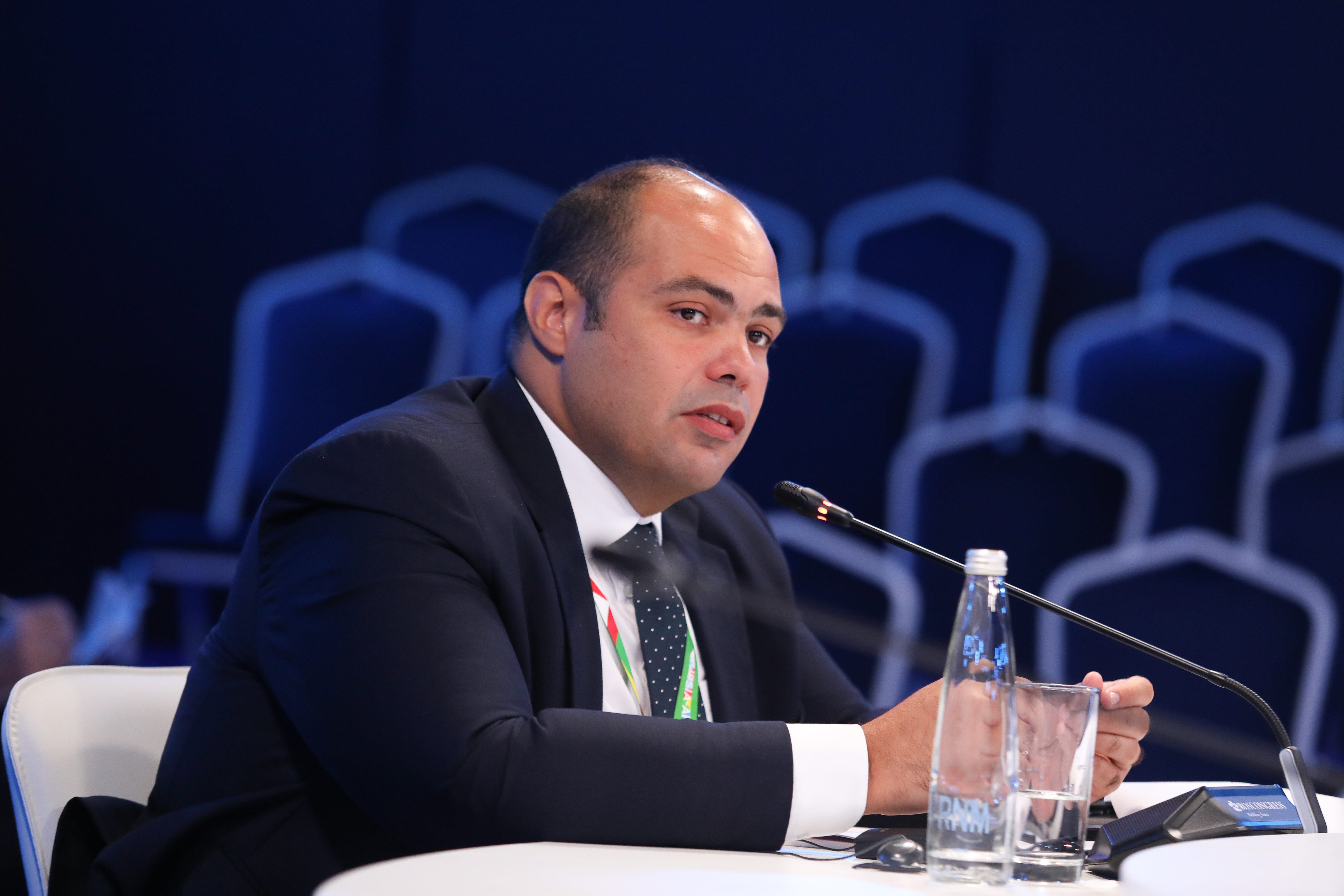
Egypt plays a special role in the context of both regional and international cooperation. This country brings together Mediterranean states, partners in the Arab Competition Network (ACN), and is also a member of BRICS+, noted Alexey Ivanov, moderator of the session, handing over the floor to Mahmoud Momtaz, Chairman of the Egyptian Competition Authority (ECA).
The ECA Chairman emphasized that in 2021 the trade volume between African states and Russia amounted to about $15.6 billion. Given the number of countries involved in the trade process, practices to protect competition in a global context are of particular importance. In addition, the growing population and industrial production on the African continent, as well as the digitalization factor, must be taken into account.
"The right foundation for sustainable development and growth needs to be laid. The heads of competition authorities on the African continent are already cooperating on the regulation of digital markets. In the context of global digitalization, the competition practices we use are changing, which means that there must be corresponding changes in competition law. I am convinced that it is crucial to pay attention to cooperation at all levels and to improve competition policy mechanisms."
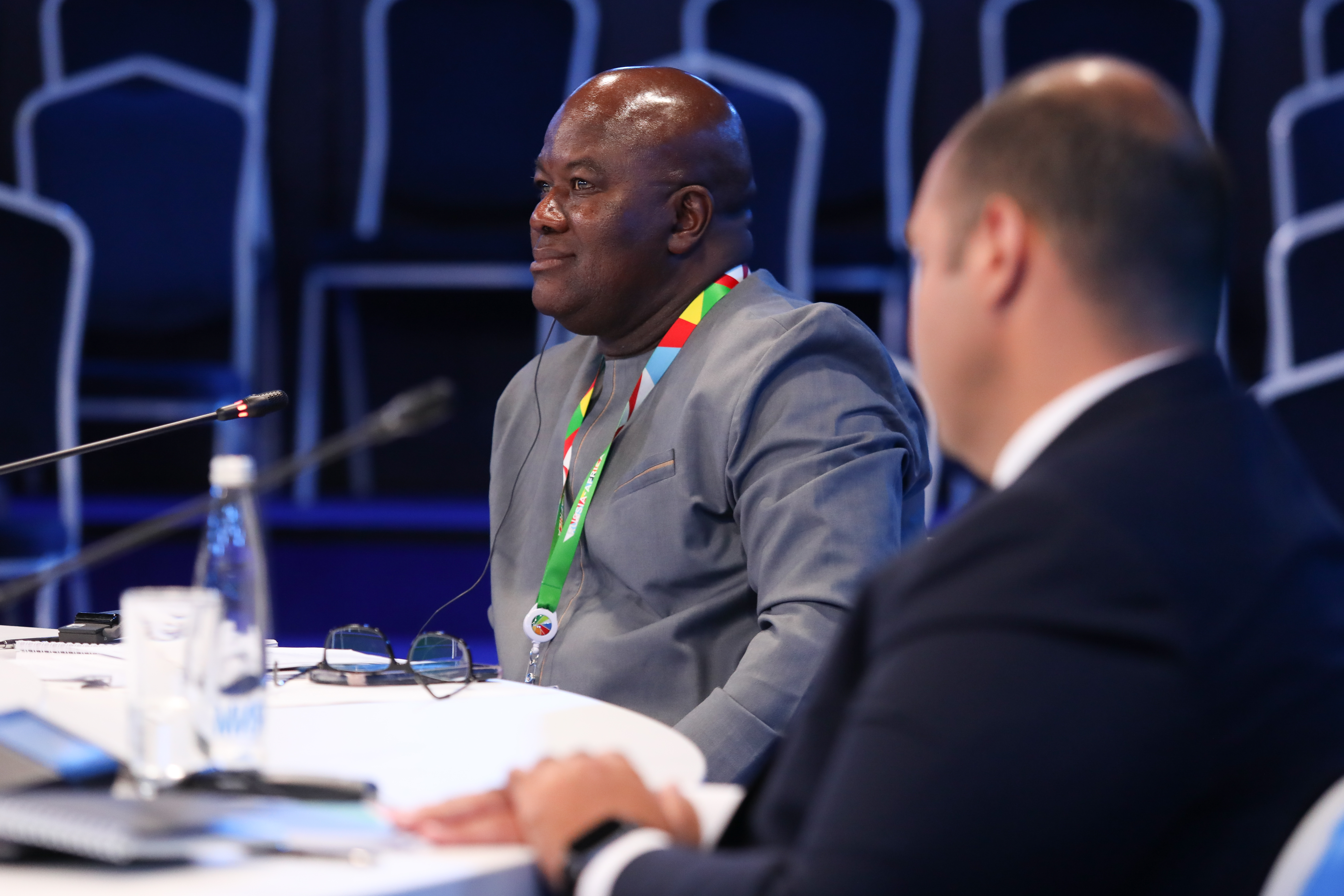
The African Competition Forum in 2023 will be held in the Gambia. The country is an important player in the region and the Gambian competition authority is involved in regional and international cooperation on competition issues. Amadou Ceesay, Executive Secretary of the Gambia Competition and Consumer Commission (GCCPC), noted the challenges in cooperating with regulators in developed jurisdictions, especially when it comes to sharing confidential information when investigating competition violations in cross-border markets. International cooperation in Africa was also crucial in the fight against poverty and corruption. For this, the work of all interconnected agencies needs to be coordinated, he emphasized.
"Institutions to curb unfair competition need to be developed in our region, and cooperation within the BRICS framework will help us move in this direction."
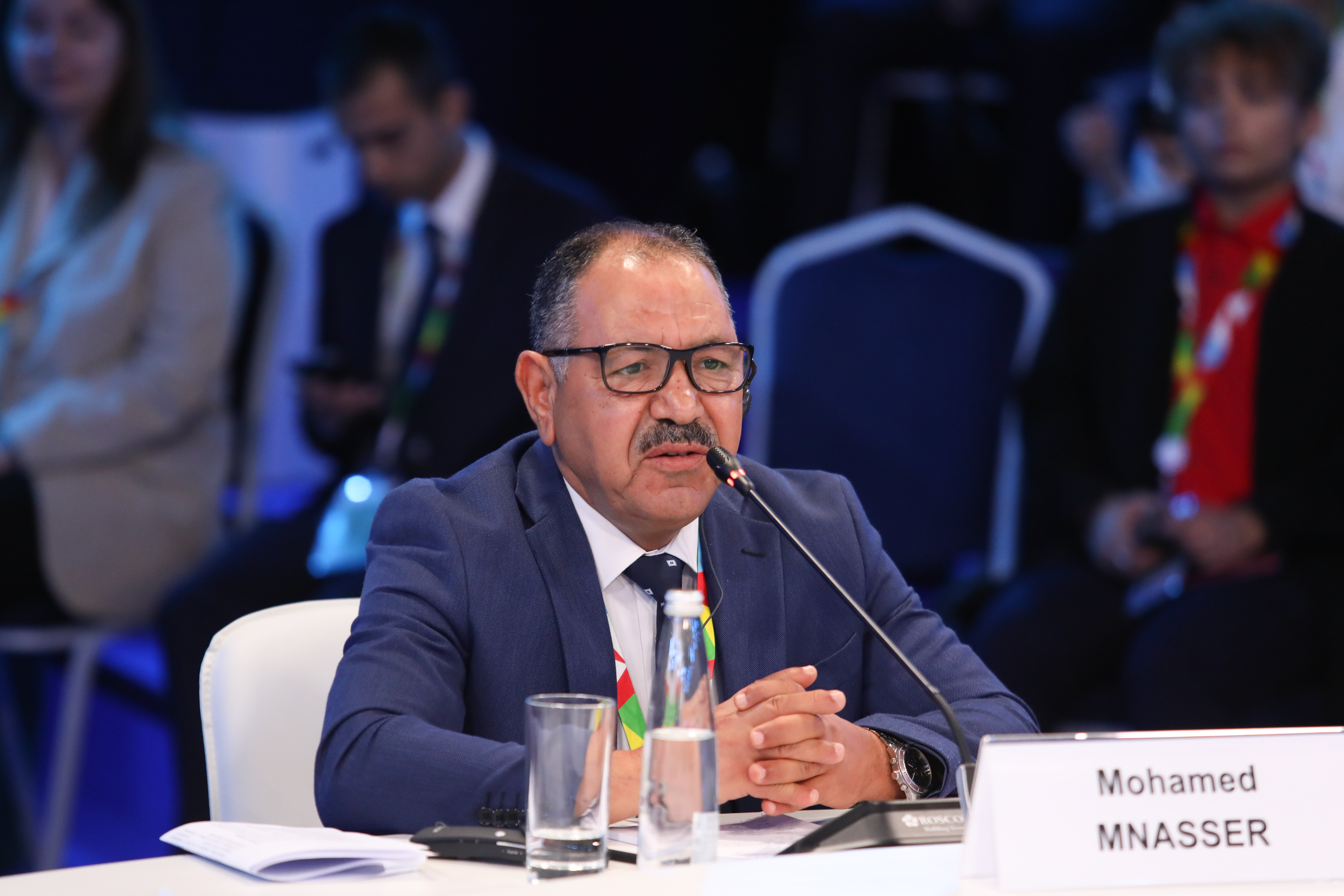
Mohamed Mnasser, Vice President of the Competition Council of Tunisia, spoke about how cooperation processes are seen in Tunisia. The exchange of information between regulators from different countries is a key factor in improving the effectiveness of local enforcement, he said. For example, in order to fight cross-border cartels, it is necessary to share information on local small markets. To this end, the Tunisian Competition Council is developing a database of markets in Tunisia. Mr. Mnasser also expressed interest in developing relevant bilateral ties with the Russian FAS:
"We need to map out key areas of cooperation, increase capacity and develop our competencies."

Bouranga Vissia, President of the National Competition Council of the Ministry of Trade of the Republic of Chad, pointed to his country's dependence on imported consumer goods, which makes the Chadian economy particularly sensitive to global markets. The National Competition Council, which was created in 2014, has little experience so far in combating anti-competitive practices. However, Chad is a member of CEMAC (The Central African Economic and Monetary Community) , a competition regulatory organization (which also includes Cameroon, Congo, Central African Republic, Equatorial Guinea, Gabon and Congo) whose competition law takes precedence over the national laws of its member states. CEMAC has a merger control regime, so merger activities in Chad should be subject to the requirements of this organization.
"We also want to work more closely with our other colleagues and are keen to develop the capacity of our young agency,"
said Bouranga Vissia.
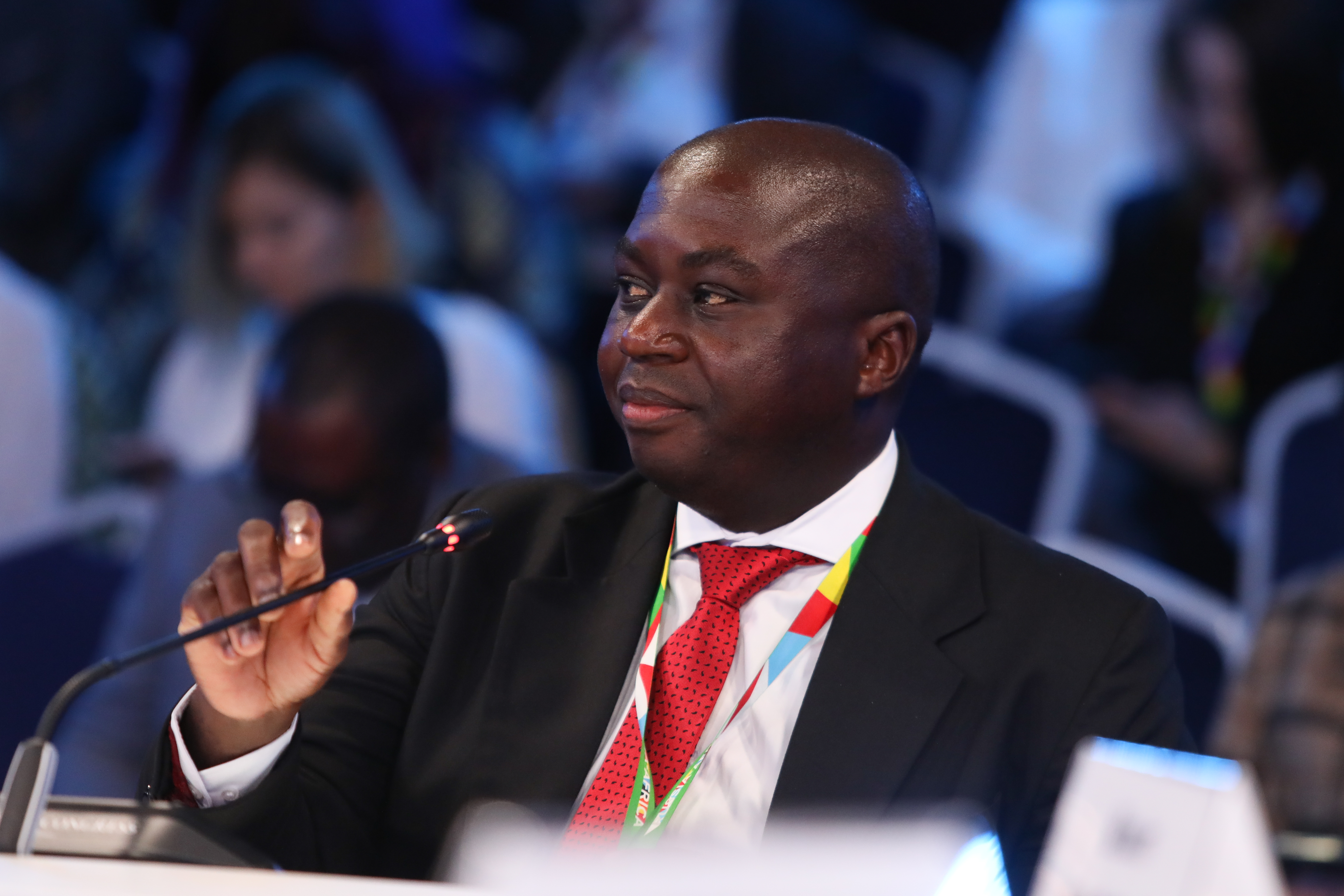
International cooperation should be a priority for competition authorities in both developed and developing countries, said Hardin Ratshisusu, Deputy Commissioner of the Competition Commission of the Republic of South Africa. Twenty-nine countries on the African continent already have their own competition laws. There are also regional economic groupings with their own competition rules. The African Continental Free Trade Area (AfCFTA) Protocol on Competition Policy was adopted in February 2023. ‘This suggests that the African continent is developing and moving towards building a system of clear rules for the protection of competition,’ said Hardin Ratshisusu.
Speaking about the importance of cooperation in reviewing global deals, Mr. Ratshisusu mentioned the Bayer/Monsanto deal. FAS Russia consulted with Brazil and China to exchange confidential information on the deal. Also, for the first time it was possible to apply the confidential document exchange tool with the competition authority of India.
"We need to develop trust and jointly develop innovative approaches to combat anti-competitive practices of global corporations, without this we limit the opportunities for growth of our economies,"
Hardin Ratshisusu is convinced.
Summing up the session, Maxim Shaskolsky said that although the competition authorities of the BRICS countries and the African continent have different capabilities, resources, and status, the challenges and tasks they face are similar. The Head of the FAS expressed hope for the strengthening of multi-format cooperation between the Russian and African antimonopoly authorities and for the speedy implementation of the ideas discussed during the discussion.
The Russia-Africa Forum is the key and most ambitious event in Russian-African relations. It is aimed at achieving a qualitatively new level of our mutually beneficial partnership that meets the challenges of the 21st century. The goal of the event is to contribute to the strengthening of comprehensive and equal cooperation between Russia and African countries in all its dimensions: politics, security, economy, science and technology, cultural and humanitarian spheres. The first Russia-Africa Summit was held on October 23-24, 2019 in Sochi under the motto "For Peace, Security and Development."
Photo: Anna Gorban / Roscongress Foundation; HSE University
